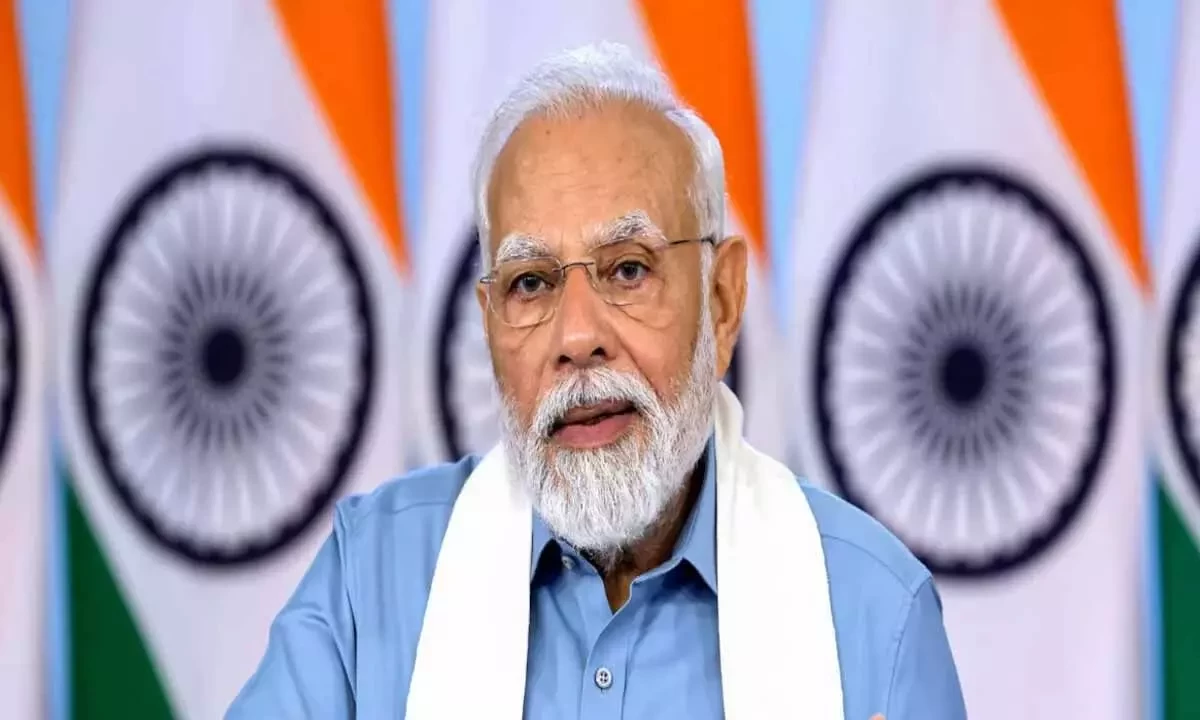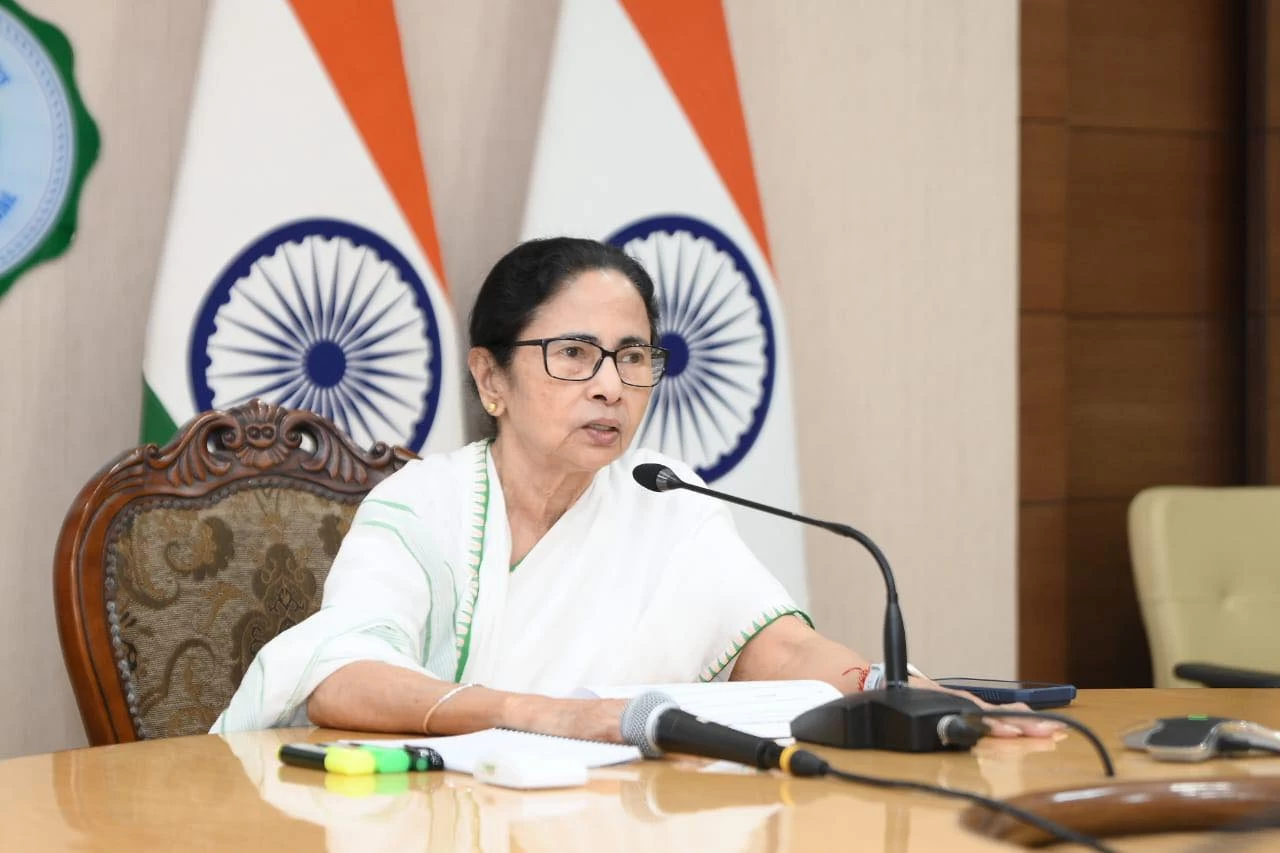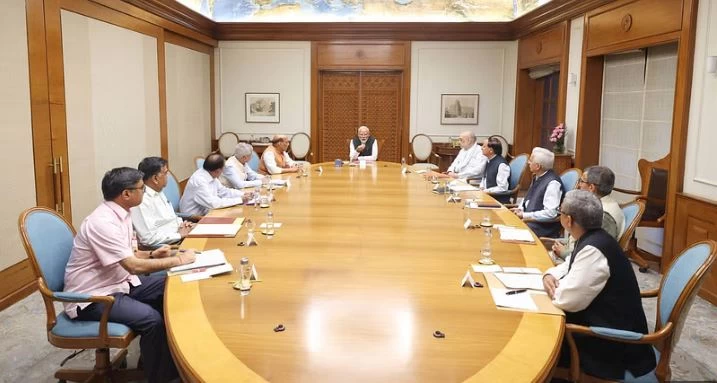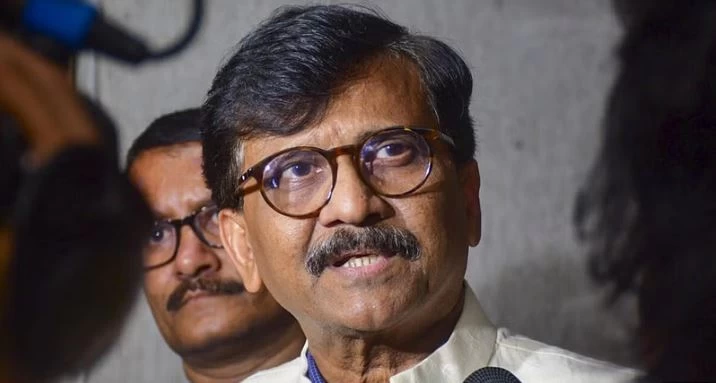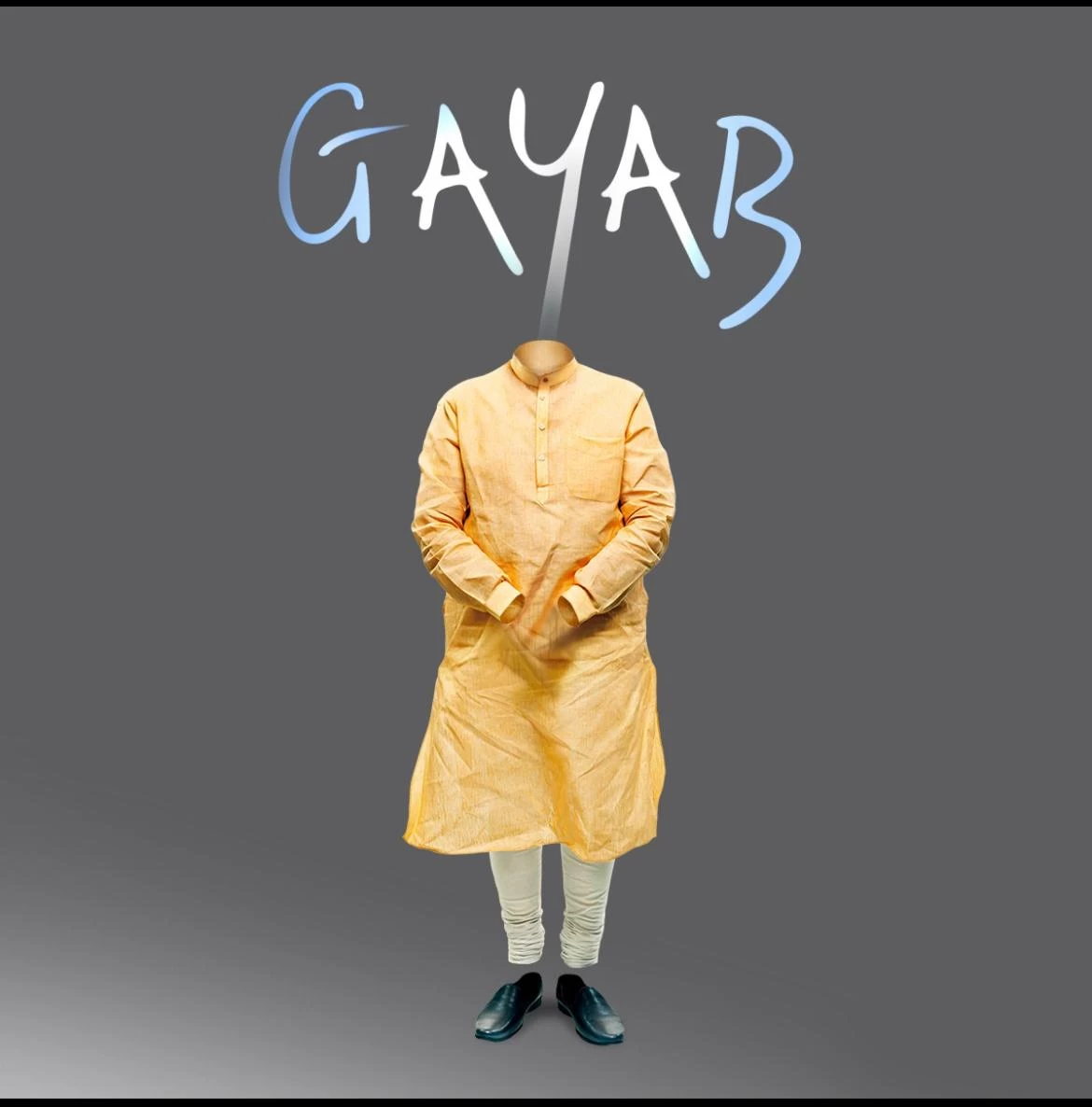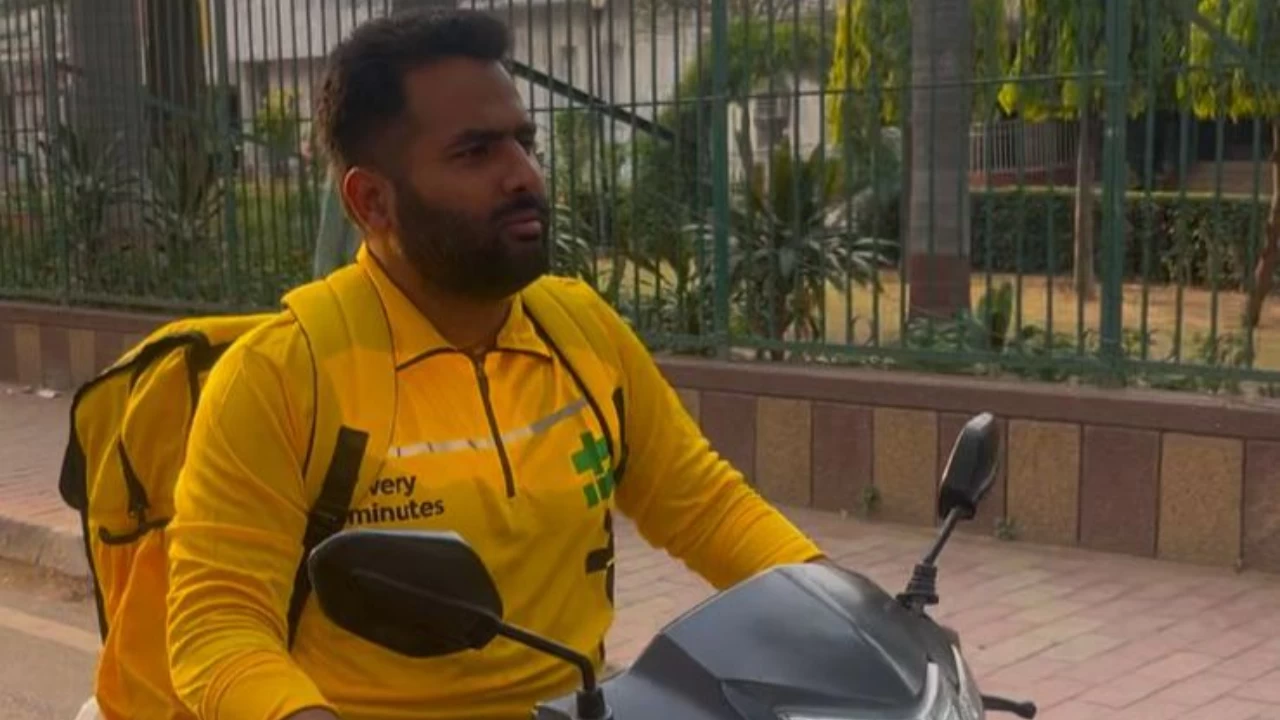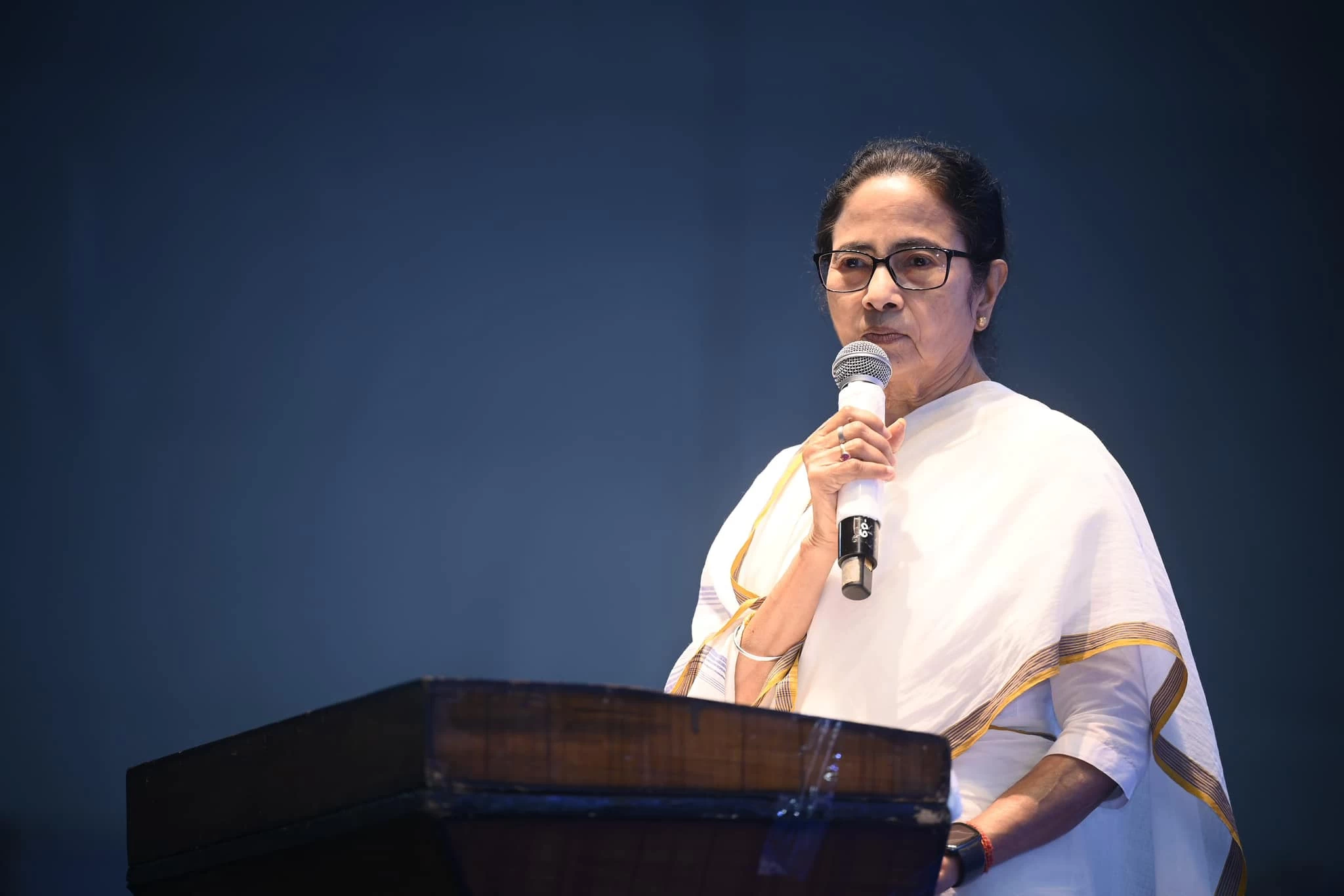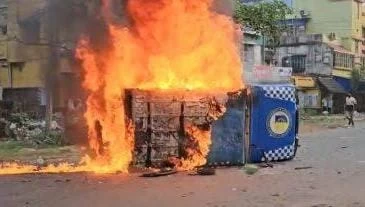Latest Updates
Statement made before ED is admissible but statement made before court is ‘actual evidence’: Supreme Court observes on PMLA
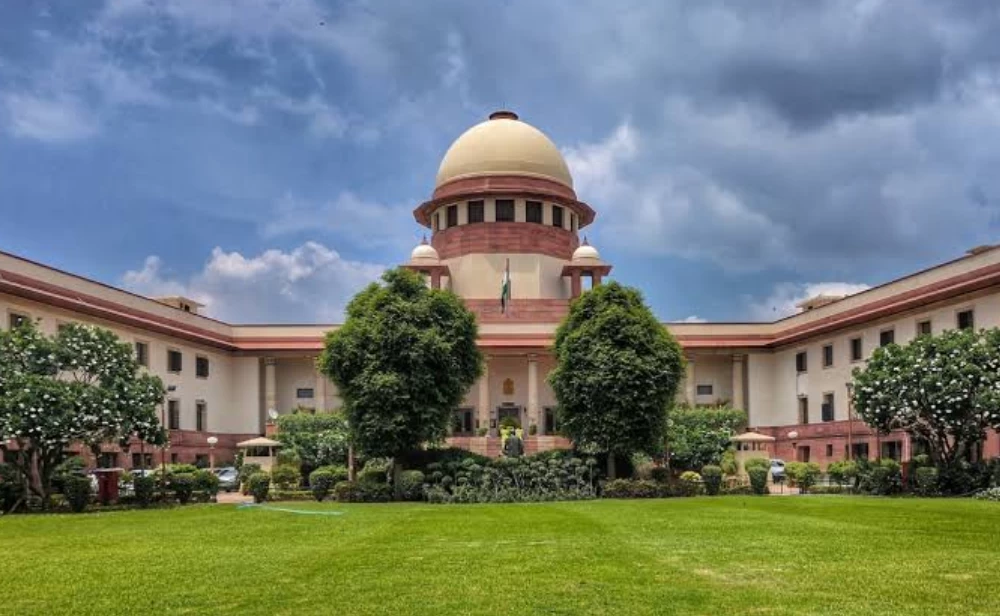
The Supreme Court on Monday, in a clear departure from its previous judgement, observed that the evidentiary value of a statement made by any accused under Section 50 of the contentious Prevention Of Money Laundering Act (PMLA), isn’t sacrosanct. According to the Apex court while the statement made before the Enforcement Directorate (ED) by the accused under Section 50 of PMLA is admissible in court, but it isn’t an evidence before the court, observed Justice Sanjiv Khanna. Justice Khanna observed that evidence before the court is the actual statement made by the accused in person before the court.
The bench comprising Justices Sanjiv Khanna and Dipankar Datta was hearing a petition filed by AAP MLA Amanattullah Khan challenging the Delhi High Court's refusal to grant him anticipatory bail in an alleged money laundering case concerning alleged irregularities in the recruitment process of the Delhi Wakf Board. The Delhi High Court had denied him anticipatory bail relying on the statements recorded by ED under Section 50 of PMLA. The Supreme Court, however differed and stated certain observations of Delhi HC “shouldn’t have been there”.
“Observations with regard to the credibility of Section 50 statements, were not required at this stage. Section 50 statement is a piece of evidence. It is not the evidence before the Court. There is a difference between the two. Evidence before the Court is the actual statement made by the person in the court itself. I am not saying Section 50 statement is not admissible. There is a difference between the two. It is admissible, like any document is admissible, the statement is admissible. But what ultimately matters is the statement made in the Court. Section 50 statement can be used to confront," Justice Khanna told Additional Solicitor General SV Raju, who was representing the ED.
The Supreme Court on July 27, 2023 in the judgement of the case titled Vijay Madanlal Choudhary & Others versus Union of India, had upheld the amendments in the PMLA 2002 and has also stated that statements made by the accused before EC under section 50 was admissible. The court had then rejected Section 50 of PMLA as unconstitutional, leading to widespread debates and criticisms over the amount of power bestowed upon a central agency. Under Section 50, an ED officer can summon any person in connection with a case to make statements regarding the case and that statement can be used as evidence later.
While the Supreme Court refused to grant anticipatory bail to the AAP MLA, but the bench also cautioned ED that “Amanatullah Khan should not be arrested unless there is sufficient material against him”.




